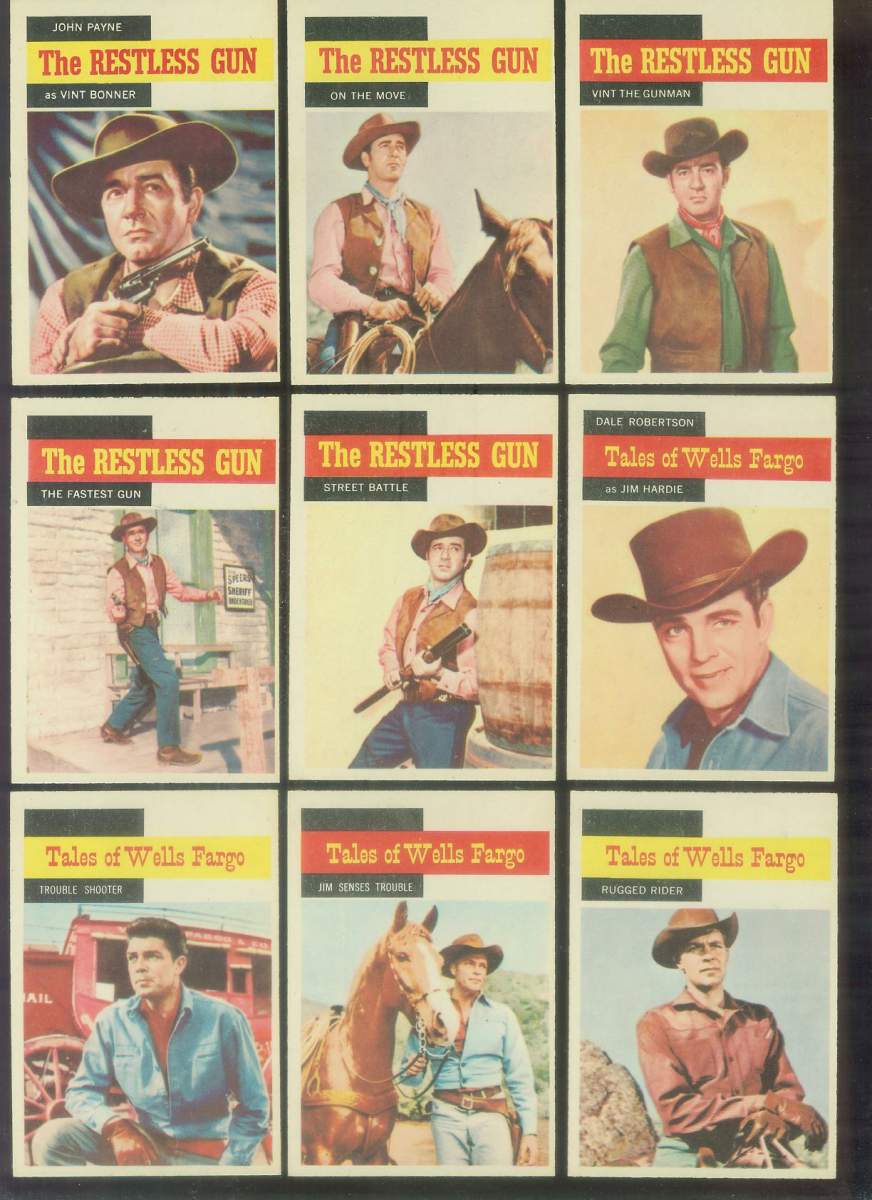Below are short bits & pieces on sportscard & baseball trading card collecting.
Please wander around the website for more info, prices, values & images
on vintage baseball, football, basketball, hockey, sport and non-sports cards.

Autographed Gateway Cachets
Gateway Stamp Company has provided collectors well over 1 MILLION
authenticated certified autographs over the last 30 years.
Silk Cachets from Gateway Stamp Company
Even though a "stamp company", Gateway rarely dealt in stamps, going down
a new and creative road becoming one of the world's most unique secrets in
autograph collecting combining the best in art, color photographs, history
and autographs with their full-color silk cachet envelopes. Gateway's first
client was Cardinals Hall of Famer Lou Brock with hundreds to follow.
WHAT ARE FULL-COLOR SILK CACHETS?
A "cachet" is a message or design on an envelope marking a postal event.
"Full-color silk" refers to the delicate material into which the
original art and photography are printed. After which each silk is applied
to the envelope, signed by the player and then officially post-marked by the
U.S. Post Office IN THE CITY OF THE EVENT !!!
WHY POSTMARKS?
The key to EVERY Gateway cachet is the postmark.The best way to mark a date
in history is with a postmark. The rules governing the granting of
postmarks GUARANTEE that NO Gateway issue can EVER be re-issued protecting
the value of the autographed, postmarked cachets !!!
|

1958 Hires Root Beer
Hires Root Beer issued this 66 card set back in 1958. The cards came with an attached advertising tab. Cards with their tab intact are extremely difficult to find and thus are quite expensive. The actual card size varies from 2-3/8 in. to 2-5/8 in. wide and 3-3/8 in. to 3-5/8 in. high without the tab. Cards are numbered from #10 thru #76 with #69 not issued.
The card design - a wood grain "knot hole" through which the player is viewed - is a collector's favorite and was brought back by Bowman for their 2003 Bowman Heritage product. Although small at only 66 cards, the set did contain it's share of cards of Hall-of-Famers and Superstars such as Willie Mays, Hank Aaron, Pee Wee Reese, Don Drysdale, Richie Ashburn, Bill Mazeroski, Duke Snider, Larry Doby, Don Newcombe and others...
|

1952,1953,1954,1955 Red Man TOBACCO
Checklist & Values
Tobacco cards were instrumental in the start of the baseball card industry
but were pretty much unheard of since 1920. That is until RED MAN TOBACCO
got in the game issuing baseball cards in 1952, 1953, 1954 & 1955.
For just 20 cents you got a pouch of Red Man tobacco and one awesome
3-1/2 x 4 inch baseball card with it's tab (3-1/2 x 3-5/8 without).
Exchange FIFTY tabs and you got one free big league style felt
baseball cap of your favorite team. This made cards with tabs much,
much harder to find and values 2 to 10 times higher.
25 players from each league were selected by "Sporting News" editor
J.G. Taylor Spink. A Player's artwork with different backgrounds
was used year after year. If a player changed teams, new team name
& logo were painted over the old one. To determine the year, just
subtract 1 from the expiration date on back of the card.
The 1954 set had four variations.
Click for complete
1952,1953,1954,1955 Red Man Tobacco cards checklist & prices
Note: You may be on that page.
|

Tobacco Cards
Starting approximately in 1886, sportscards, mostly baseball cards, were often
included with tobacco products, for promotional purposes and also because the
card reinforced the packaging and protected cigarettes from damage. These sports
cards are referred to as tobacco cards in the baseball card hobby. Over the next
few years many different companies produced baseball cards. Tobacco cards soon
started to disappear as the American Tobacco Company tried to develop a monopoly
by buying out other companies.
They were reintroduced in the 1900s, as American Tobacco came under pressure from
antitrust action and Turkish competition. The most famous and most expensive,
baseball card is the rare T206 Honus Wagner. The card exists in very limited
quantities compared to others of its type because Wagner forced the card to be
removed from printing. It is widely (and incorrectly) believed that Wagner did
so because he refused to promote tobacco, but the true explanation lies in a
dispute over compensation.
Soon other companies also began producing baseball and football cards. Sports magazines
such as The Sporting News were early entries to the market. Candy manufacturers
soon joined the fray and reflected a shift toward a younger target audience for cards.
Caramel companies were particularly active and baseball cards were one of the first
prizes to be included in Cracker Jacks. World War I soon suppressed baseball card
production.
© 1995-2019 "InterNet's Baseball Card Store" / Joseph Juhasz ... All Rights Reserved
|








